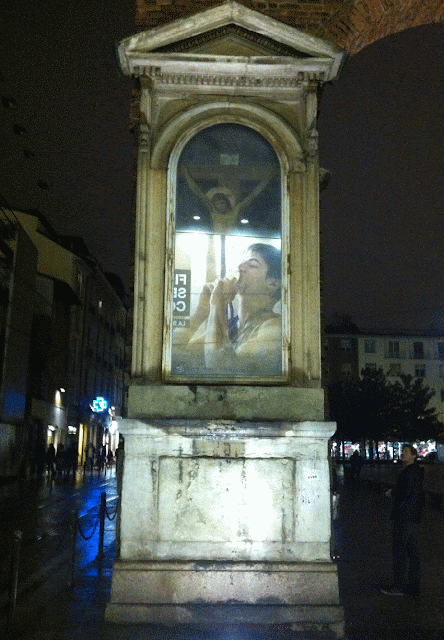A poem by Chengde Chen
A Deal Struck Between Poetry and Applause
(But not just about poetry)
I do not understand the poem the poet has recited.
But it is applauded, so it must be me being stupid.
So I consult others, on my left and right.
Surprisingly, they shake their heads, as well.
I ask them why they had applauded.
They say that it was just being polite.
So I ask the poet, quietly, to explain its meaning.
He tells me, quietly too, what it is about.
The meaning is rather simple, nothing much.
I say, ‘If so, shouldn’t it be made easier to follow?’
He says, ‘I know, mate, but you know,
if it was easy, would it be poetry?’
Gosh, the resonant deal between poetry and applause
is, in fact, a tacit collaboration between two frauds.
First, the poet tricks the audience through obscurity –
making a simple thing a mystery that sounds deep.
Then, the audience fools the poet with pretence –
as if having reached the depth that doesn’t exist.
As obscure poetry generates dishonest applause,
dishonest applause makes poetry more obscure.
I wish I could ask everyone who had applauded
to explain his or her every clap on the spot.
If there had been no such pretence of orgasm,
how long could the act of love-making last?
However, not to make myself an enemy of the world,
I’d better beat this poetic business psychologically first.
That is to regard this hypocritical applause
as a tribute to me for my not applauding –
as an apology for my loneliness,
as salutation to my honesty.
Chengde Chen is the author of Five Themes of Today: philosophical poems. Readers can find out more about Chengde and his poems here


